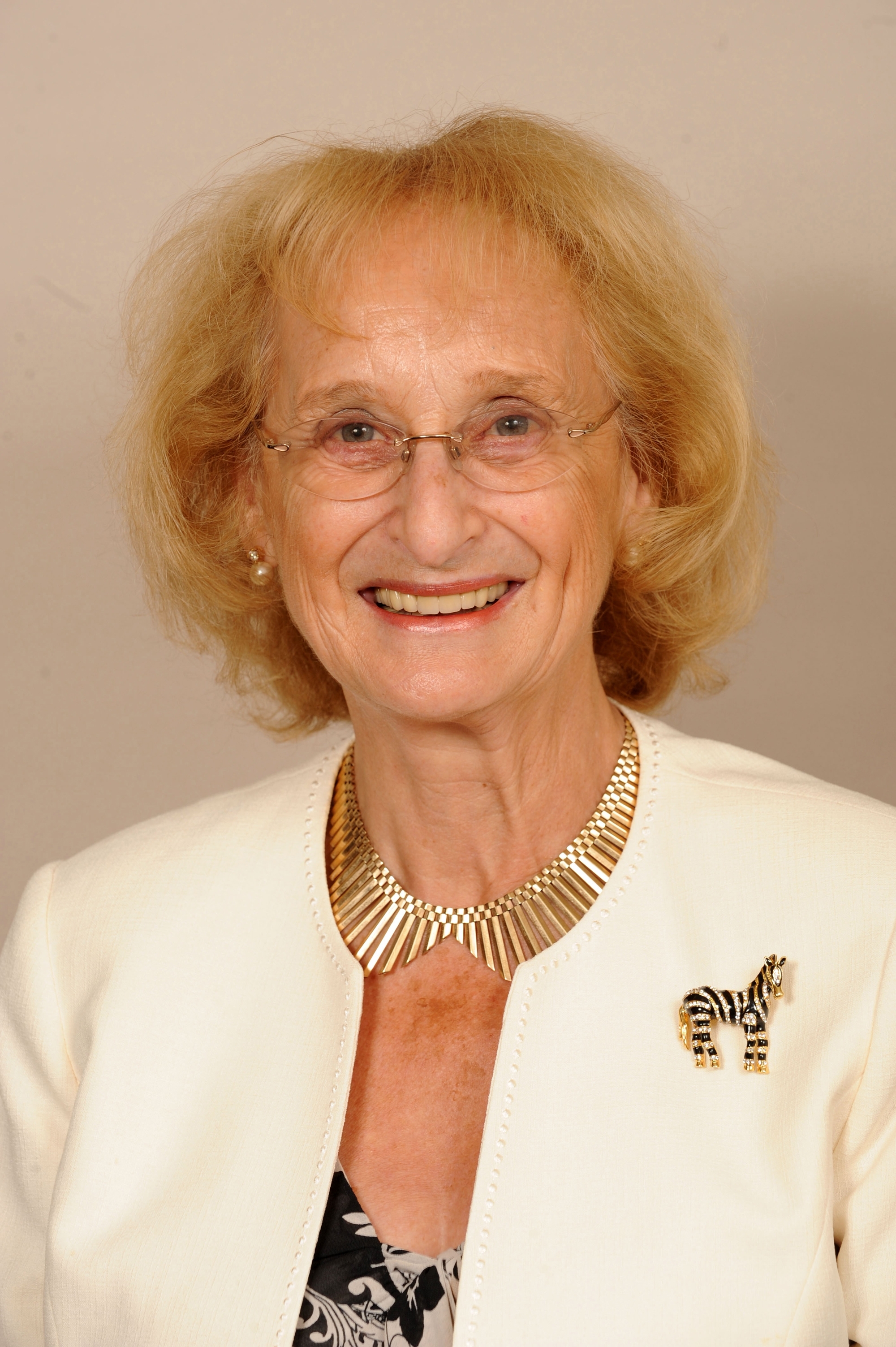Until her death in 2022, Baroness Sally Greengross was a crossbench (independent) member of the House of Lords since 2000 and Co-Chairs four All-Party Parliamentary Groups: Dementia, Corporate Social Responsibility, Continence Care and Ageing and Older People. She was the Vice Chair of the All-Party Parliamentary Group on Choice at the End of Life, and was Treasurer of the All-Party Parliamentary Group on Equalities. Sally was also Chair of the cross-party Intergenerational Fairness Forum.
Sally was Chief Executive of the International Longevity Centre – UK; was Co-President of the ILC Global Alliance from 2010-17 and later their Special Ambassador; and was a Commissioner for the Equality and Human Rights Commission from 2006-12.
Baroness Greengross was Director General of Age Concern England from 1987 until 2000. Until 2000, she was joint Chair of the Age Concern Institute of Gerontology at Kings College London, and Secretary General of Eurolink Age. She was an Ambassador for Alzheimer’s Society, SilverLine and HelpAge International.
Baroness Greengross is a Member of several advisory boards including Home Instead’s Global Strategy Council; Fujitsu’s Responsible Business Board; and BlackRock Retirement Institute’s Advisory Council.
She was President of the Pensions Policy Institute and the Association of Retirement Housing Managers; Honorary Vice President of the Royal Society for the Promotion of Health, a Vice President of the Local Government Association and Honorary Fellow of the Royal Society of Medicine and the Institute & Faculty of Actuaries.
Sally was Patron of several organizations, including the Association of Retirement Community Operators; Care & Repair England; the National Network of Clinical Ethics Committees; the Ransackers Association; the Association for Ageing & Education; and Age UK Westminster. Sally held honorary doctorates from nine UK universities.
Her work on aging has been recognized by the UN Committee on Ageing and she received an outstanding achievement award from the British Society of Gerontology as well a British Geriatric Society Medal. Sally was UK Woman of Europe in 1990 and has been an Ambassador for the Prince of Wales supporting responsible business practice.
 Global Coalition On
Global Coalition On 